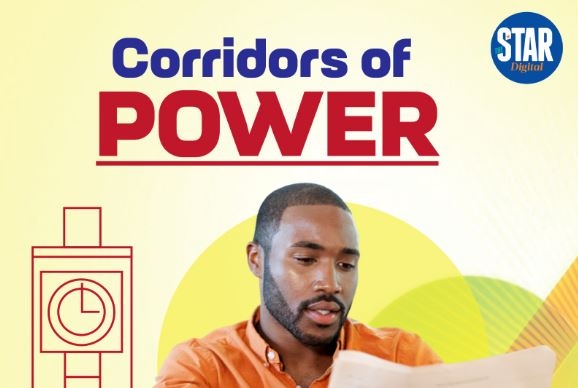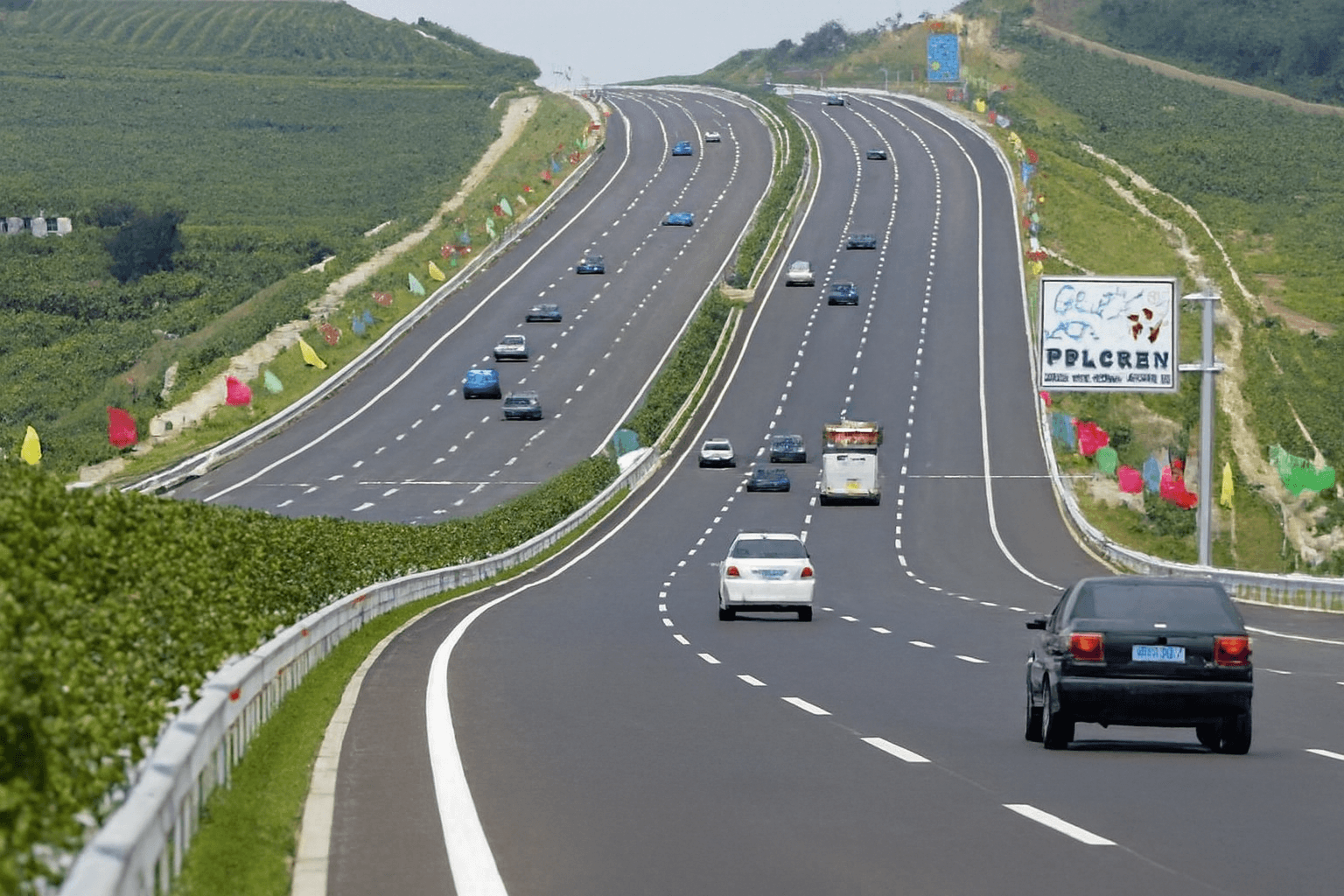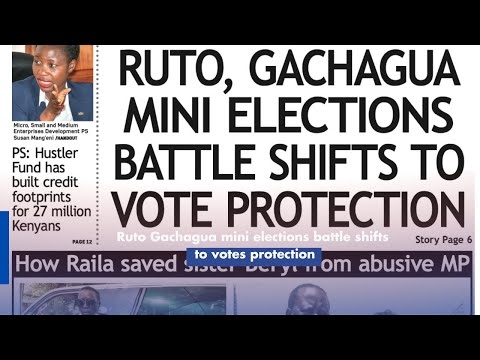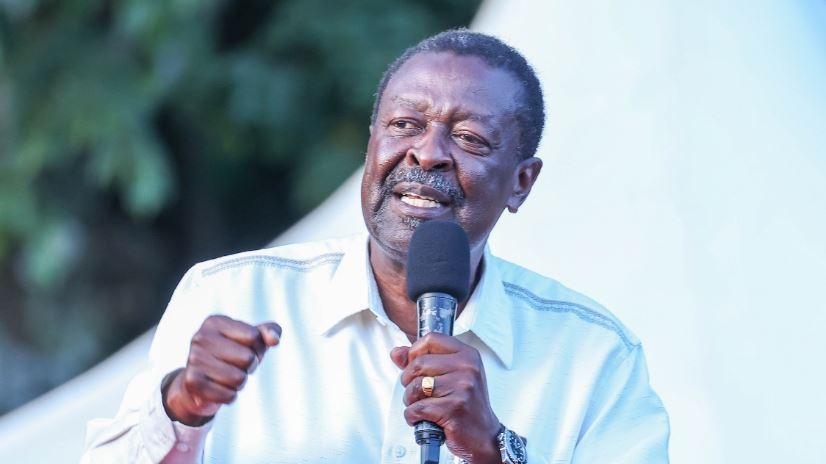
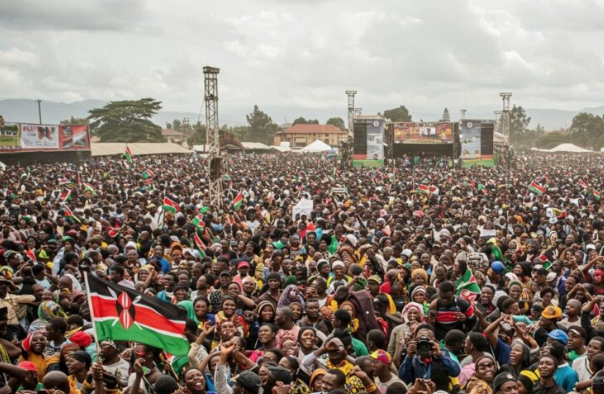
The official campaign period for this Thursday’s by-elections closed on Monday, bringing to an end weeks of rallies and voter outreach across the affected constituencies.
According to the Independent Electoral and Boundaries Commission (IEBC), the campaign window ran from October 8 to November 24, with political activities permitted daily between 7am and 6pm.
Yet even as the curtains fall on the legally sanctioned campaign period, the country’s broader political landscape tells a different story, one of unending politicking that stretches far beyond IEBC timelines.
Kenya has long operated under what analysts describe as a perpetual campaign environment, where politicians campaign January to January, unaffected by the formal boundaries established by electoral law or by-election calendars.
Barely has one electoral cycle concluded before politicians
hit the road again.
Cabinet Secretaries, MPs, governors and aspirants frequently move across the country attending fundraisers, holding rallies and positioning themselves for the next contest.
This year-round campaign mentality is driven by several factors; intense competition for political relevance, limited opportunities for national visibility, and the constant pressure to maintain mobilisation among supporters in a hyper-competitive political arena.
This continuous campaign mode often blurs the line between governance and politics.
Critical national functions are sometimes overshadowed by political rhetoric, as leaders prioritise succession politics and regional power dynamics over issues affecting citizens.
Public events that were once meant for development updates increasingly take on the tone of political rallies, complete with sound systems, choreographed entourages, branded merchandise and pointed attacks on rivals.
Even when no election is in sight, politicians hold gatherings that mirror full-blown campaigns—rallies drawing thousands, roadshows, media appearances and elaborate voter mobilisation.
Critics argue that constant politicking drains public resources, fuels tribal and political polarisation and distracts leaders from service delivery.
They say it undermines stability and development by turning every local project into a political bargaining chip.
Supporters, however, contend that sustained engagement keeps leaders accountable and connected to the electorate year-round.
But a recent High Court ruling may be poised to
fundamentally reshape Kenya’s political culture.
In a landmark judgment delivered in June 2025, the High Court declared political campaigns conducted outside the officially gazetted period unconstitutional and illegal.
The ruling has been hailed as a significant turning point in curbing premature politicking and restoring fairness in the electoral process.
The case was filed by a non-governmental organisation advocating for the rights of vulnerable and marginalised groups.
The petitioners argued that early campaigns, long conducted informally and with impunity, distort the democratic playing field.
They said wealthy politicians and incumbents gain an unfair advantage by campaigning for years while less-resourced candidates struggle to compete.
The petitioners also claimed that early campaigns inflame political tensions, disrupt government operations and draw public attention away from critical national issues.
Justice Hedwig Ong’udi, delivering the ruling, agreed. She declared that early campaigns violate multiple constitutional principles, including fairness, equality and the need for orderly electoral processes.
The Kenyan Constitution, she emphasized, mandates structured elections—with campaigns limited to a clearly defined period.
“Allowing campaigns outside these periods contravenes the spirit and letter of the law,” she ruled.
The immediate effect of the ruling was the suspension of all campaign activities outside the IEBC-declared timeline.
Political actors were ordered to cease rallies, advertisements and other electioneering efforts until the next official campaign period is announced.
The ruling arrived at a time of heightened political activity. Camps aligned to President William Ruto’s Kenya Kwanza coalition and a re-energized opposition led by former Deputy President Rigathi Gachagua had already intensified mobilisation in key battleground regions.
These activities, characterized by rallies, media blitzes and strategic political tours, were cited as evidence of the need for clarity and restraint.
Analysts note that for years, Kenya’s political scene has functioned without meaningful enforcement of campaign laws.
Politicians freely conduct “development tours,” “thanksgiving services,” “consultative forums” and “prayer meetings”—all thinly veiled campaign events.
The High Court’s ruling now complicates these practices, putting politicians on notice.
Beyond suspending premature campaigns, the High Court directed Attorney General Dorcas Oduor to draft new legislation within 12 months to clearly regulate Kenya’s campaign timelines.
The upcoming law is expected to define permissible campaign periods, specify acceptable and prohibited activities, introduce penalties for early campaigning, and establish enforcement mechanisms for the IEBC and other state agencies.
The Attorney General must consult widely with political parties, Parliament, civil society and electoral experts to create a framework that reflects Kenya’s complex political realities.
Despite broad support for the ruling, implementation may prove challenging.
Enforcing campaign restrictions will require the IEBC and law enforcement agencies to monitor political activities more robustly, no easy task in a digital world where online messaging, influencers and live streams can circumvent regulation.
The widespread use of social media, increasingly sophisticated political communication strategies, and informal political gatherings complicate the task of defining what counts as a campaign.
Critics question whether the state has the capacity or political will to clamp down on early politicking by high-ranking officials.
Additionally, the 12-month window for drafting comprehensive
legislation is ambitious given the need for public participation, parliamentary
debate and eventual presidential assent.












